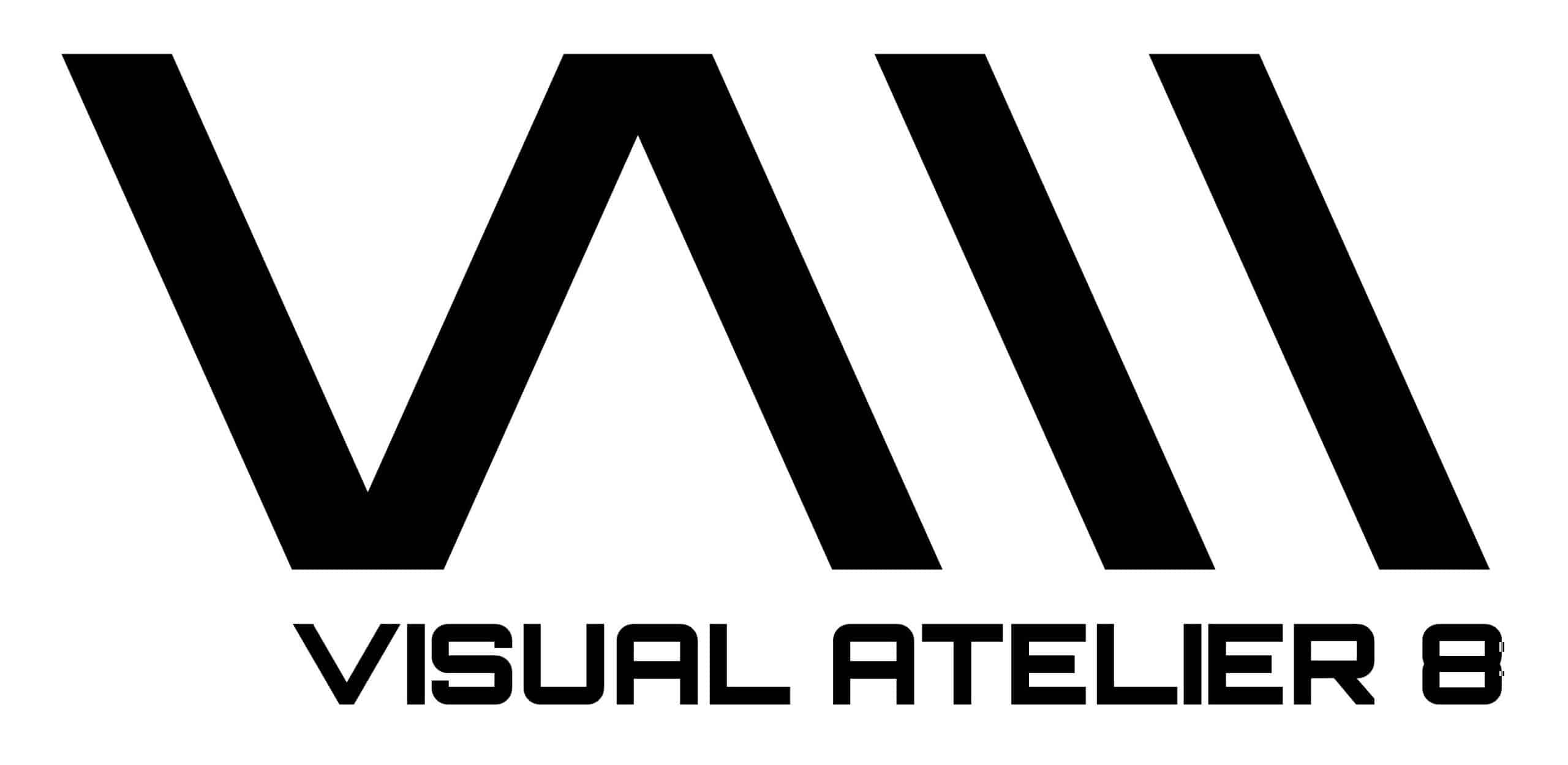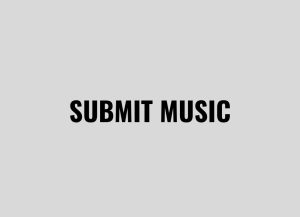
Your first contact with art was at a very tender age, having your first exhibition at the age of eight. How did you discover the interest for the realm of art?
My first contact with art was when I was seven and I began painting in oil colors. I struggled in school and my personal life and this class for me was therapeutic. When I began taking this class my instructor allowed me the freedom to experiment, so I always painted what I saw in my mind my emotions. That moment I believe is when I discovered art and the power it possesed to transport me away from my reality. I did not focus on a particular style, at the time I just saw it as an opportunity to express myself.
During your career you had never allowed yourself to be influenced by formal artistic training, rather you relied on your experiences as form of education. Could you explain us why of this choice?
It wasn’t a choice but a necessity. I did not have the opportunity to study art because I began working at a very young age. But I never stopped creating, experimenting, or painting, I was never disconnected from creativity. The skills I’ve acquired I apply to my work. My travels experiencing new cultures have all helped me to form an understanding of the world around me and develop the concepts you see in my art.
You have equally experimented in painting, collage, sculpture, performance art and video art. Which of these medium do you feel are mirroring your inside voice better?
I don’t subscribe to one specific style or medium. My focus is the message. I love working with different materials and techniques, each one allows me to execute my message in a different way or express myself in the form that feels right. I believe in freedom, and adhering to one style would cut my wings.

To develop one of your most iconic collections, ‘Blindness’, you have been observed the society behavior for over ten years. Which responsibility did you feel as an artist towards your public?
For me, art has a purpose and should not just be beautiful. As an artist you have responsibilities. I believe through my art, I can change the world. For me, there’s nothing more powerful than having an idea in your mind and transforming it into something real. Creating something unique and gifting it to the world. It’s not just about creating something beautiful but something that prompts reflection about the truths and realities of society.
With painting and collage, you reproduce in this collection, images of seemingly perfect models, symbols of imposed standards of beauty. How would you personally define beauty?
At the end of the day, we are all the same. Everyone possesses beauty in their own unique way. But what’s most important is who a person is, and what they think, feel, and believe. Unfortunately, while some progress has been made in shifting the standards of beauty, we still have a lot of work to do before we truly start to embrace people, not for their similarities but their differences.
The eyes, which are the symbol of human emotions, are always covered by a vibrant stroke of paint or a glowing neon light. What message does this visual metaphor carries with it?
I think it is harmful to those who do not wish to see and accept reality and as a result are blinded about so many different things within society. There’s nothing more dangerous than to lose the window to your interior and focus on only on the superficial. Blindness is to make people reflect about how far away we are from thinking about the important things like who we truly are inside. In my work the eyes classically associated with the reflection of human emotions, will always be concealed. Eliminating a person’s most powerful and expressive tool is representative of how society’s triviality blinds us and takes us away from what is truly important.

Nowadays we are living a social blindness caused by incorrect use of technology. Internet helps us expand our world and connect each other, at the same time can reveal itself detrimental. How do you think people could develop self-awareness about high-tech?
For people to develop a greater self-awareness about technology, the solution can be as simple as engaging in genuine conversation. We have become desensitized, as we are exposed to so much information on a daily basis. We can connect with people from around the globe, yet we often feel more alone than ever. Something as simple as having a face-to-face conversation reminds us to really feel. It’s still the best way to learn about others and the world around us.
In the spring of 2016, you presented your first performance piece ‘Lies and Light’, where you manifest yourself as the protagonist. Tell us more about this experience.
Light is everything and nothing simultaneously. When we discuss artificial light, it truly represents a false ideal. For many years I have been attracted to the idea of fully immersing myself into my work, to create something where I am completely present. With performance art it’s interesting because it’s art created at that moment and then it disappears forever, only the people present at that time get to keep a piece of the art.
It’s something incredibly intimate and has changed how I approach my work. When I had the opportunity to do something like this, I decided to take all of my personal experiences and battles and transform them into a performance piece, connected with my blindness concept, and my work with lights. I felt very vulnerable when performing this piece, but also a strange sense of power and release. It was very cathartic.

One of main theme behind this performance is today over-consumption. Which concrete solutions would you suggest to face this issue?
It is difficult to propose a concrete solution to a problem that is so deeply embedded in our society. I believe sometimes solutions begin with the individual. If each person took a moment to think about the reasoning behind their consumption, things might look a bit different. It’s difficult because brands and the media encourage this consumerism. Each day we are inundated with attractive and new stuff. This seduction convinces us that we not only want but need it. Often times we cave in because we are looking to fill a void within us. If every individual took the initiative to evaluate what is truly important to them, I think effective change could begin.
How do you perceive the future of Art?
The art industry is transitioning and adjusting to the new generation of collectors, curators, gallerists, and artists, as well as emerging evolutions in technology and new platforms. Many aspects of the industry are still very traditional, and galleries still play an essential role in the career of an artist. I envision the art industry will be more accessible to everyone and that as an artist I will have more control over my career, because the tools necessary exist.
Ask us a question.
In 2018, what changes and innovations would you like to see within the realms of society, culture, art, and technology?

All images, courtesy of artist: Javier Martin

